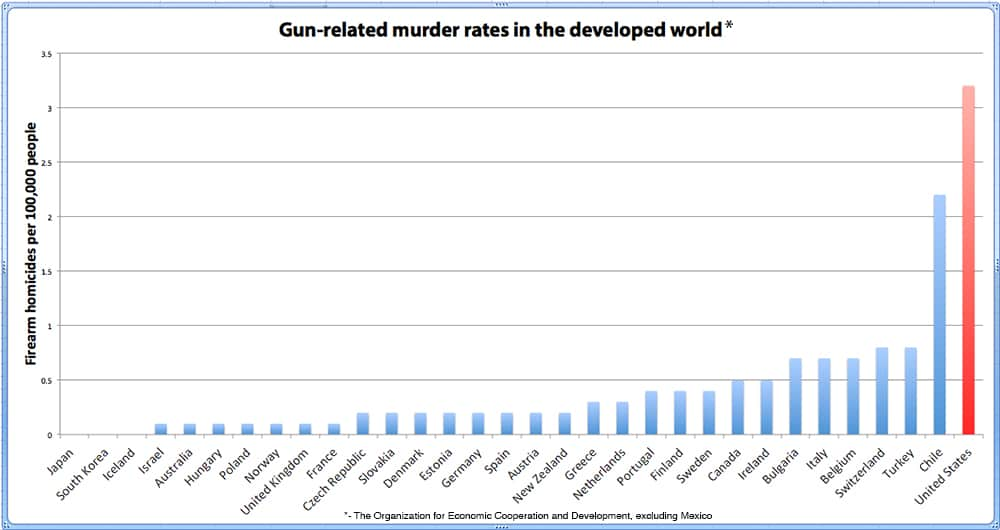Why Wanting to Be Rich Is a Form of Mental Illness

In modern society, we are conditioned from an early age to want things we don’t need. An entire industry has been built around manipulating us into buying products we believe will make us more attractive, happier and respected. Children watch other children on TV play with newer and better toys, and they automatically want what they don’t have. When adults see good-looking people driving superbly designed cars, the subconscious message is “Buy this car, and you will become more attractive.” Of course if you can’t afford it, implicitly you are a loser.
As we get older, the manipulation becomes more damaging — life choices are made in order to fulfill an implanted image of what we think we should be — we work unfulfilling jobs to pay for the products we think we must own, or worse, go into debt and spend a life time paying it off.
The cycle is vicious. As the wealth divide gets wider, those less fortunate want what the rich have. And in today’s society, they can, as long as they go into debt. And that is the point — feel inadequate because you don’t make enough money, buy stuff you don’t need to compete with people you don’t actually know, go into debt then work all the hours God sends to pay it off. This is our definition of a functioning economy, as eloquently articulated by George Bush after the terrorist attacks on 9/11. “Go shopping,” he told Americans in response to the faltering stock market. Consume and all will be well.
The desire to become rich is seen by some psychologists as a form of mental illness. Oliver James wrote a brilliant book Affluenza about the corrosive effect of capitalism on people’s mental health. The desire to be obscenely wealthy, he argues, is a sickness caused by advertising and spiraling wealth inequality. And it has spread around the Western world like a virus.
And even if you do happen to be wealthy, it turns out that isn’t actually all that great either.
The effects of rampant materialism are, according to research, pretty damaging to the human psyche. An international survey of over 90,000 people published in the journal BMC Medicine found a direct correlation between wealth and depression. Wealthier countries recorded higher levels of mental illness, while citizens in poorer countries were happier and better adjusted. Despite being told that being rich should make you happy, it in fact does the opposite. In Britain, mental illness levels have been soaring for years, in direct tandem with economic growth. A 2004 report by the Nuffield Foundation found that “Rises in mental health problems seem to be associated with improvements in economic conditions.”
The richer we are it seems, the sadder we become.
It is no wonder, then, that so many people resort to anti-depression drugs to get them through their lives. I personally cannot count the number of people I grew up with who had everything handed to them on a plate, yet were incapable of leading normal, happy lives. Some of them turned out OK, but most now work jobs they hate in order to buy things they don’t need to impress people they don’t really even like.
Fighting the system is next to impossible. There are too many entrenched interests to make any sort of meaningful difference because our society is geared toward making us feel isolated, fearful and greedy. The solution? In my opinion, don’t fight it, just ignore it. Turn off the television, talk to your neighbors, join a club, play a sport and interact with other human beings as much as possible. It’s a lot more rewarding than buying an ipod.
you have committed a violation please do not repeat again
okk
Nice
heyy there and thx for sharing seeya and have fun !
Thanks for sharing matey. Share the sample opinion.
Very interesting post